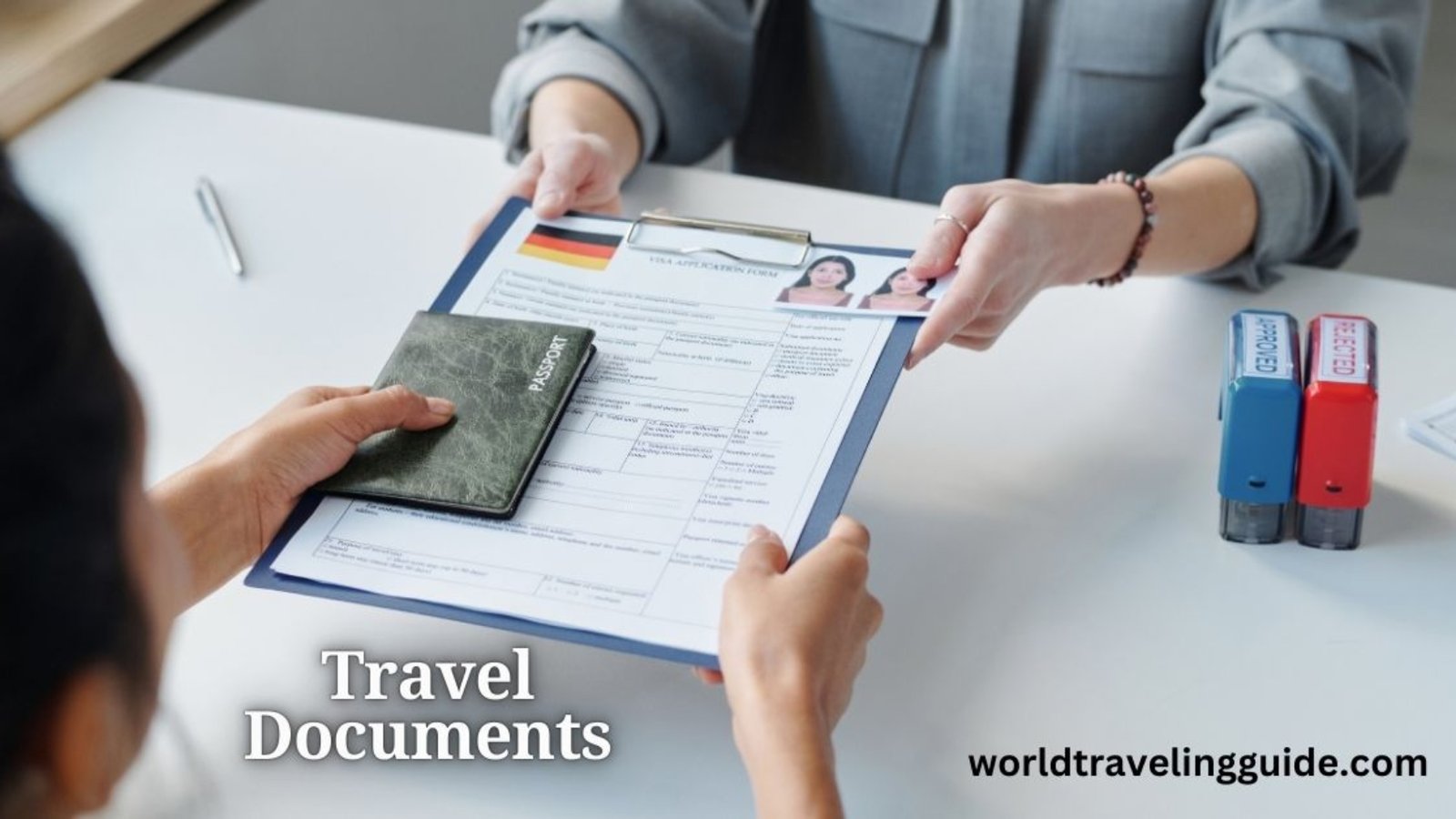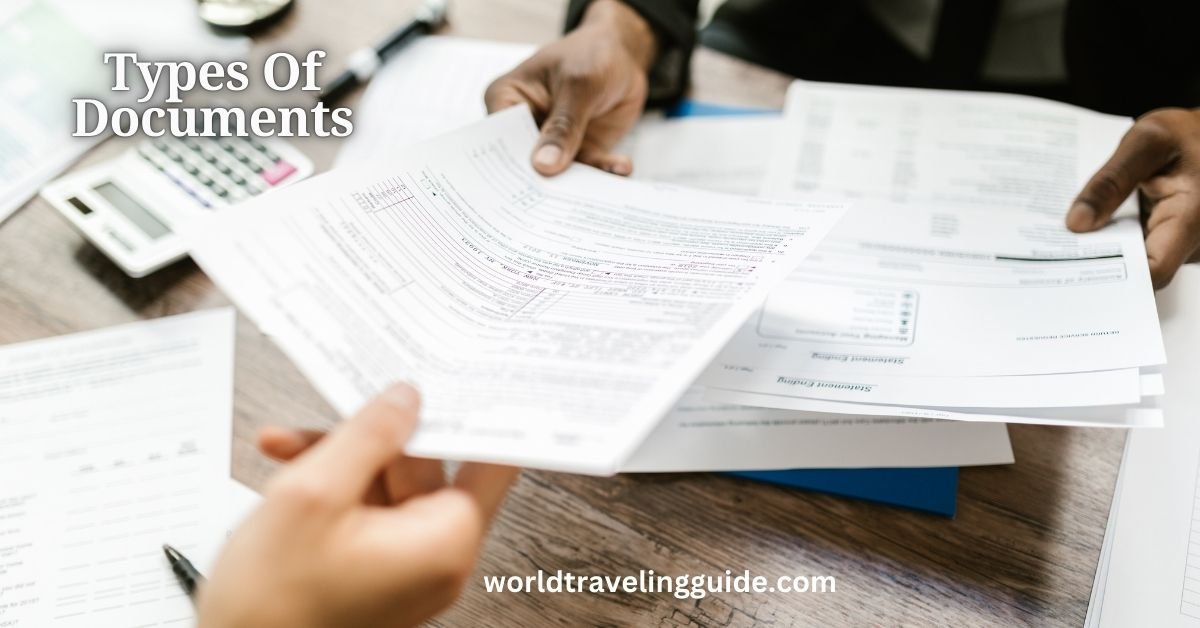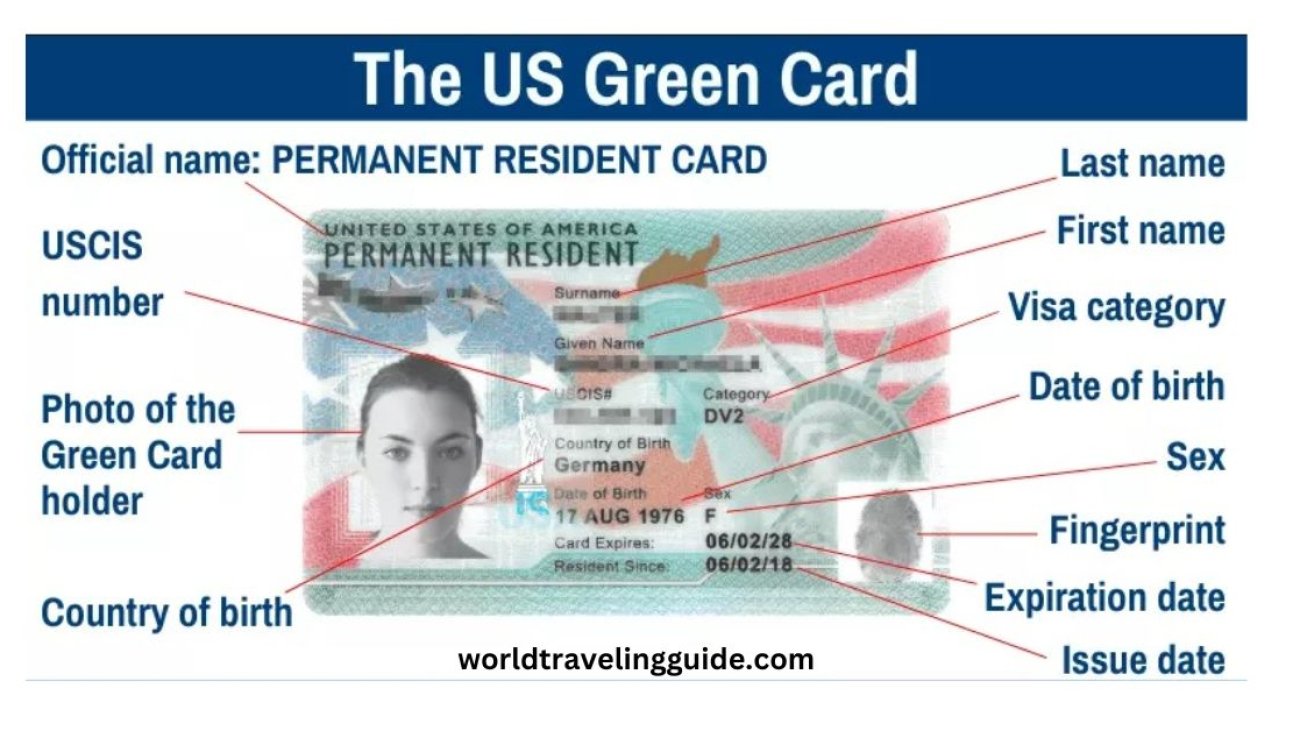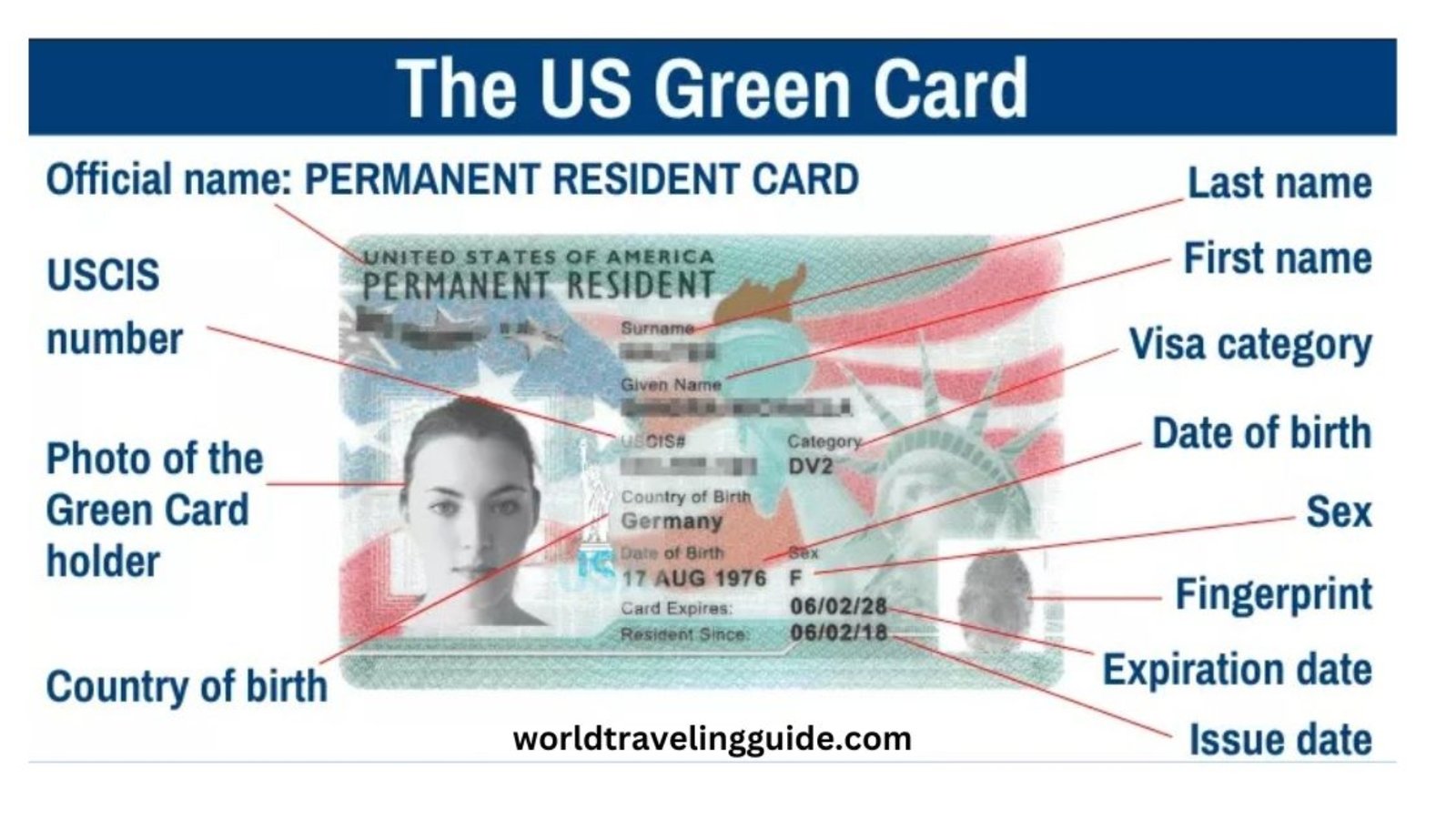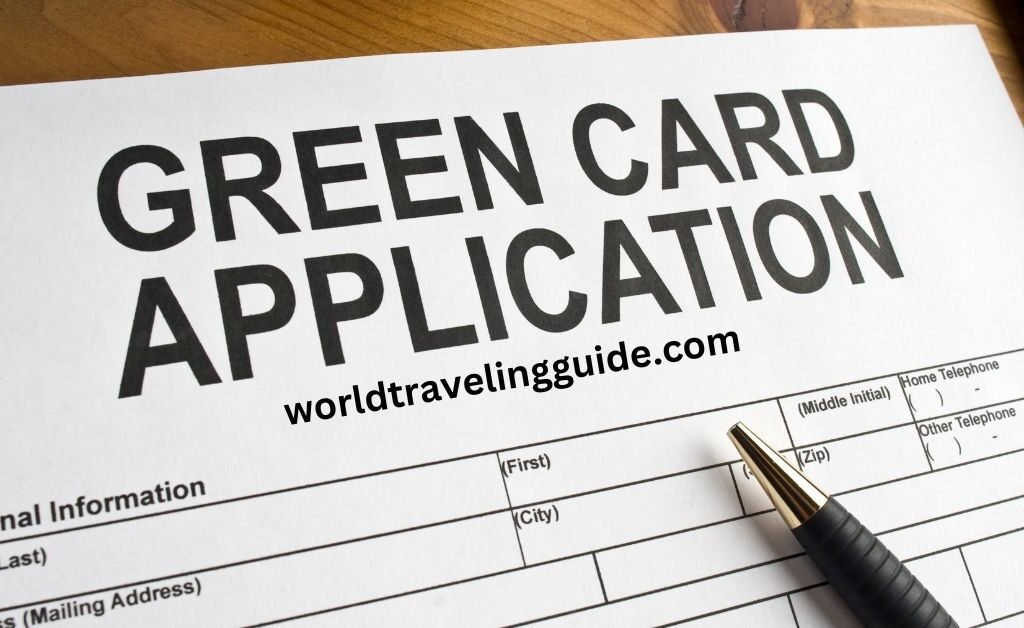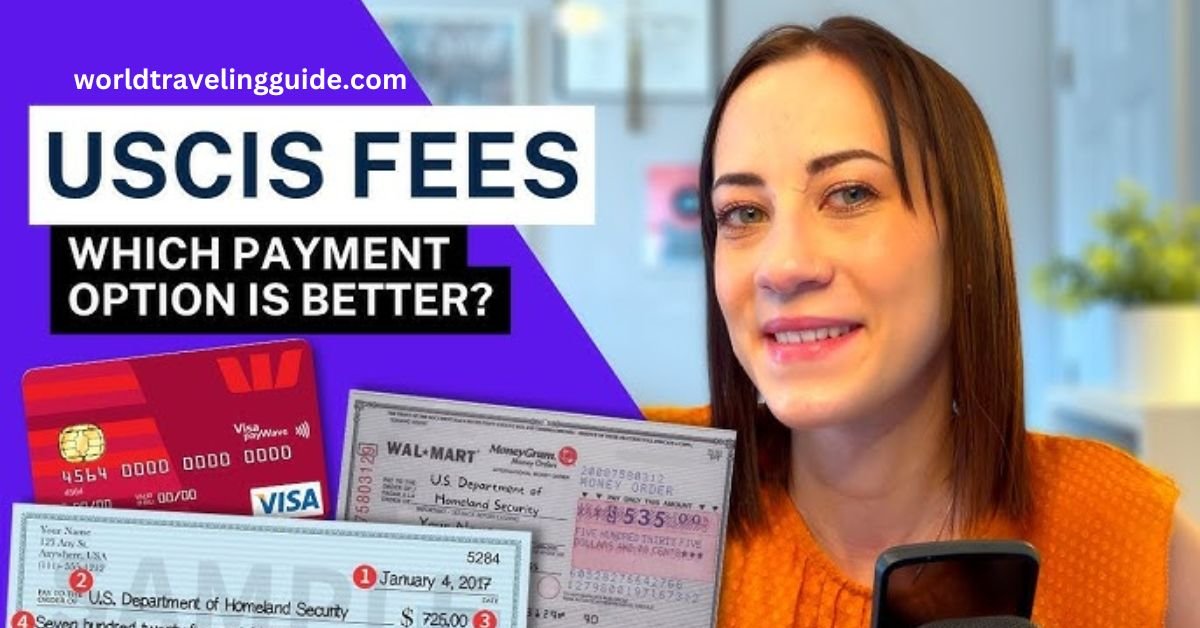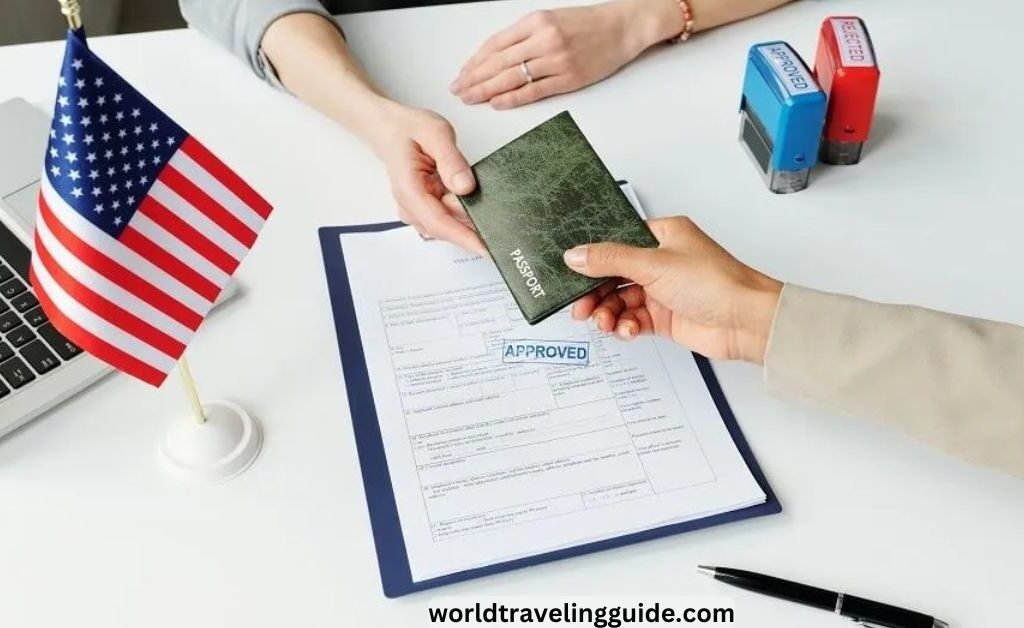Introduction
In this article, travel agents will be discussed in terms of How Do Travel Agents Get Paid? and from where they get income using commissions, service fees, and other sources. There is no doubt that travel agents offer great assistance and facilitation to individuals and businesses because, without them, trip plans could be time-consuming and tedious. Have you ever wondered how they earn their money? Every aspiring travel agent must understand this and customers should be well-versed in making the most of this service.
However, before looking closely into the various modes of payment, it is essential to understand who travel agents are. These operative bodies serve as a bridge between clients and their applicants- airlines, hotels, cruises, and tour companies- in most of their responsibilities:
The Assignment of Travel Agents
- Booking flights and accommodations
- Creating travel itineraries
- Offering expert advice on destinations
- Securing exclusive deals and discounts
- Primary Revenue Sources for Travel Agents
How Do Travel Agents Get Paid
1. Commissions from Suppliers
Travel agents earn commissions from service providers based on clients’ bookings through them as a middleman. For example, when a client books a function of another service, such as an airline or hotel, the agent can earn a commission from the service provider.
- Airlines: Again, the commission varies from 0 to 5 percent. This is because the airlines have reduced the commission rate over the years.
- Hotels: In booking hotels, agents usually receive a commission of 10-15% of the room booked.
- Cruise Lines: Most cruises would give 10-20% commissions, more than others.
- Car Rentals: Commission rates for car rentals are usually 5-10%.
2. Service Fees
With commission rates declining in some areas, many travel agents have adopted a service fee model to ensure consistent income. Clients are charged these fees directly for planning and booking trips.
- Consultation Fees: Usually $25 to $200, depending on the complexity of the trip.
- Ticketing Fees: Fixed fees for air ticket booking, often $20–$50 per ticket.
- Custom Itineraries: Agents may even charge $100 or more to create a custom travel plan.
3. Mark-ups on Packages
Offers travel packages at discounted prices and then marks them up for selling to clients. This approach is prevalent for group tours and vacation bundles.
4. Net Pricing Arrangements
“Net pricing” refers to the offer by a few suppliers to travel agents so that they sell services to their clients at a wholesale rate instead of directly selling them to them. Hence, the difference between the rates goes into their profits.
5. Host Agency Support
Independent agents who work through host agencies share part of their commission with host agencies in exchange for resources, tools, and support. This split is usually between 70/30 to 80/20, favouring the agents.
Part of their commission with host agencies:
- Additional Income Venues
- Travel Insurance Sales
- Agents usually earn 20 to 30% commissions when selling travel insurance policies.
- Affiliate Marketing
- Some agents earn through online travel affiliate programs, promoting travel products and services via affiliate links and earning a commission for every sale they generate.
- Incentives and Bonuses
- Sometimes, suppliers promise bonuses or rewards for agents meeting their sales targets. These incentives can be cash, a free trip, or a gift card.
Comparing Online Travel Agencies to Conventional Travel Agents
These online travel agencies, OTAs, Expedia and Booking.com – come to different sets of operations that have undergone modernism. They often work on bulk pricing and direct contracts with suppliers, passing on discounts to customers while earning commissions.
Traditional Travel Agents
While traditional agents focus more on personalized services and expertise, they rely on commissions and service fees for income. Their ability to provide tailored experiences justifies their fees.
The Future of Travel Agent Payments
New technology and online booking tools have transformed the travel industry. To make an earnable income now, travel agents are looking into niche markets like luxury travel and adventure travel for their selling. They can earn and run this business by providing speciality services and charging high fees.
Conclusion
When it comes to travel stress, how do agents get paid? They sustain their businesses through a combination of commissions, service fees, mark-ups, or other revenue streams. Their knowledge and personal service still keep travel agencies in business after all the industry changes.
Realize that you would be informed about how the agent earns money if you want to use an agent. That way, your account can help with decision-making or appreciate some value. Are you set to plan your next vacation? Contact a reputable travel agent!
FAQs
Do Travel Agents Earn a Commission for Flight Tickets?
Yes; however, flight commissions are typically low compared to other services. Many agents charge ticketing fees to compensate. An agent earns a commission from the supplier and charges a client directly fee-for-service.
Is Becoming a Travel Agent Profitable?
Yes, especially for agents specializing in niche markets or luxury


